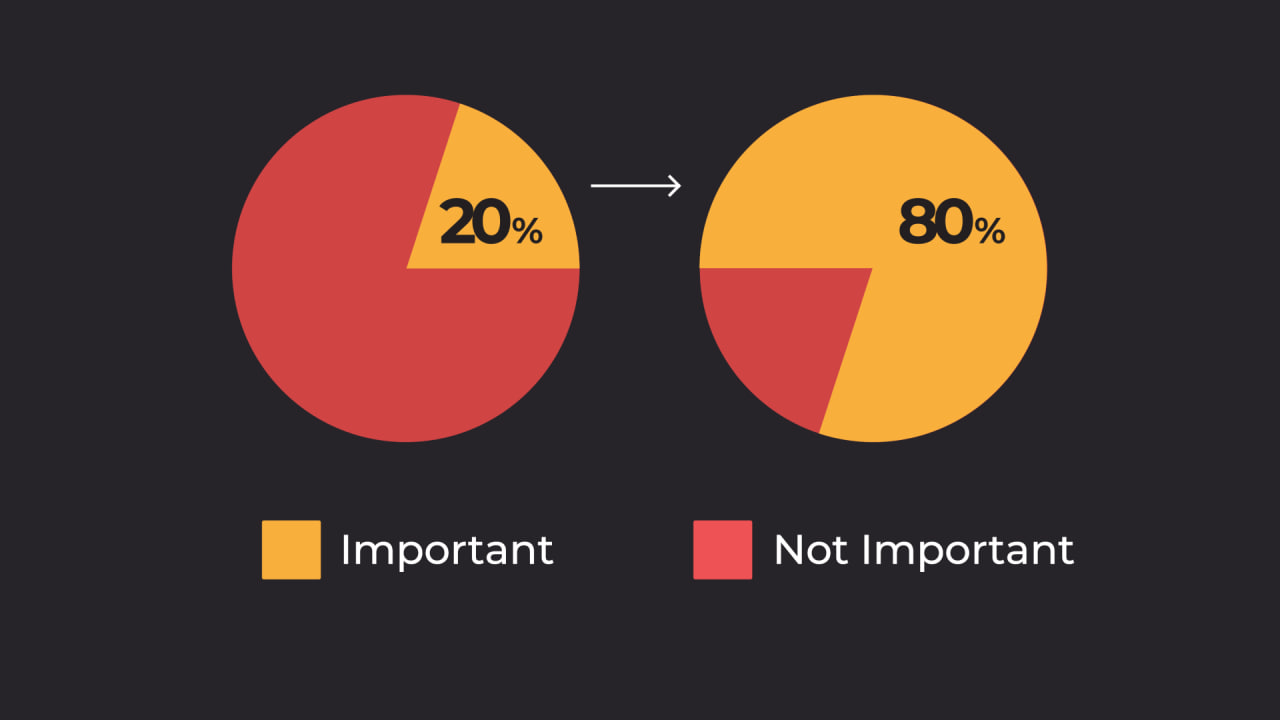15 Steps for Time Management and Goal Achievement
Time management is one of the most essential life skills, playing a pivotal role in achieving personal and professional goals. When people fail to manage their time effectively, they struggle to progress and fulfill their aspirations.
Everyone has the same amount of time available, regardless of gender, age, ethnicity, identity, or financial situation. This means that the differences in people's lives and circumstances stem from how they organize and manage their time.
Consequently, people succeed in realizing their ambitions when they set clear and precise goals, commit to avoiding distractions, and break time-wasting habits that hinder their desired progress.
Most people fail to achieve long-term goals due to poor time management, time-wasting, and the inability to ignore distractions and break bad habits. However, these challenges can be overcome by following an effective time management system.
Time Management Steps
Entrepreneurs usually struggle to meet market demands while striking a work-life balance without overexerting themselves. Achieving goals is important, but so is the quality of life, mental well-being, and work-life balance.
An imbalance in this area can lead to psychological and occupational stress, which, if not addressed, may exceed an individual's capacity to cope. Therefore, it’s essential to adopt a system that boosts productivity while honoring personal and family commitments.
Also, it’s vital to prioritize mental health by dedicating time to self-care activities such as walking, listening to music, engaging in creative pursuits, and spending quality time with friends and loved ones. These activities help create a work-life balance while working toward long-term goals.
Here are 15 steps for effective time management and goal achievement:
1. Commit to Goal-Setting Rules
Improperly defined goals can hinder an individual's ability to commit, maintain discipline, and manage time effectively. Conversely, well-structured and realistic goals enable people to achieve their objectives. It’s recommended to use the SMART criteria for goal setting and clarify the motivations behind your desire to accomplish them.
2. Choose an Appropriate Time Management System
Choose an effective time management framework, such as the Eisenhower Matrix, which organizes tasks into four categories based on urgency and importance: important but not urgent, urgent but not important, urgent and important, and neither urgent nor important.
People should prioritize tasks categorized as important but not urgent while eliminating those that are neither important nor urgent from their to-do list.
3. Evaluate Your Time Management Style
Keep a time log for an entire week to evaluate your time management approach. Record the activities you participate in using either a notebook or a mobile app. You can simplify tracking by dividing your day into shorter intervals. Afterwards, assess your completed tasks by asking yourself: Did I spend my time effectively?
Were these tasks unproductive? If you're using the Eisenhower Matrix, determine which quadrant each task falls into. At the end of the week, compile the data and calculate the hours dedicated to each activity. Finally, identify which tasks took up most of your time and use this information to refine your time management strategy.
4. Tackle Difficult Tasks in the Morning
American author Mark Twain famously said, “If it's your job to eat a frog, it's best to do it first thing in the morning. And If it's your job to eat two frogs, it's best to eat the biggest one first.” This quote suggests that you should tackle large, challenging, and high-priority tasks early in the day. Completing these tasks can provide motivation and energy to help you navigate the rest of your daily responsibilities.
5. Apply the 80/20 Rule
This step involves applying the 80/20 rule, also known as the Pareto Principle, which indicates that 80% of results come from 20% of efforts. For example, in sales, 80% of sales typically come from only about 20% of customers. Therefore, it's essential to identify the efforts that yield most of your results so you can focus more on them during your work. This insight can be gained by closely tracking your performance and efforts before analyzing the results.
Adopt Keystone Habits
In his book The Power of Habit, author Charles Duhigg introduced the idea of Keystone Habits. These habits trigger a chain reaction of other positive habits and help people break negative ones as well.
Concentrating on establishing keystone habits can significantly enhance your time management and overall lifestyle.

6. Allocate Specific Times for Emails
Disable email notifications to prevent distractions throughout your day. Allocate specific times to check and respond to emails; urgent matters often arise through phone calls and text messages. Opening emails during the day can lead to distractions, interrupt thought processes, and make it difficult to resume work and focus again.
7. Quit Bad Habits
Daily bad habits consume considerable time, including excessive TV watching, scrolling through social media, going out with friends, and spending too much time on video games. You need to quit these time-wasting habits to achieve your grand goals.
8. Take Regular Work Breaks
One study suggests working for 52 minutes, followed by a 17-minute break. However, some cannot apply this method due to their job requirements. In such cases, focus on taking regular breaks whenever possible. Regular breaks are essential, especially for freelancers who may overwork themselves and experience burnout without realizing it. Therefore, allocate regular breaks to maintain your mental, emotional, and physical health.
9. Incorporate Morning Meditation and Exercise
Many people overlook the advantages of starting their day with meditation and exercise, which can enhance time management and promote life balance. These activities help eliminate worries and negative thoughts while increasing energy, vitality, determination, endurance and focus.
10. Create a To-Do List for the Next Day Every Evening
Dedicate some time each evening to create a to-do list for the next day by reviewing your goals and identifying the tasks and steps necessary to progress. These lists should include manageable daily objectives that aid in moving toward your larger, long-term goals.
11. Seek Inspiration Sources
TED Talks and YouTube motivational videos can help you regain your passion and inspiration. It is hard for people to organize their time and stick to their agenda when they lack passion and inner motivation. You can restore your passion and drive for work by focusing on motivational content and taking inspiration from ambitious and inspiring people’s experiences.
12. Seek Out a Mentor for Guidance
It’s common to lose focus and motivation when working independently without expert guidance and support.
Finding a mentor who can help you navigate your personal journey is important. Having someone who has navigated similar challenges can significantly enhance your ability to manage time and achieve your goals.
13. Turn Off Social Media Notifications
Social media notifications can be distracting and waste time. It is recommended that you turn off alerts and notifications to help clear your mind and concentrate on the tasks at hand.
14. Organize Your Surroundings
Research indicates that a cluttered environment can hinder focus and attention, resulting in a waste of time. To address this issue, gradually organize and declutter your space. Try breaking the process into several stages so you don't overwhelm yourself. This will allow you to restore order to your surroundings and improve your ability to focus and manage time within just a few days.
In Conclusion
Time management is a crucial element for achieving both personal and professional success. Following organized and precise time management steps helps people identify their priorities, minimize distractions, and eliminate unproductive habits.
Applying effective techniques such as goal setting, establishing keystone habits, and dedicating time to tackle difficult tasks enables people to strike a work-life balance, enhancing productivity and facilitating achieving long-term objectives. Time management is the foundation for leading a more organized and successful life.


 القائمة الرئيسية
القائمة الرئيسية





